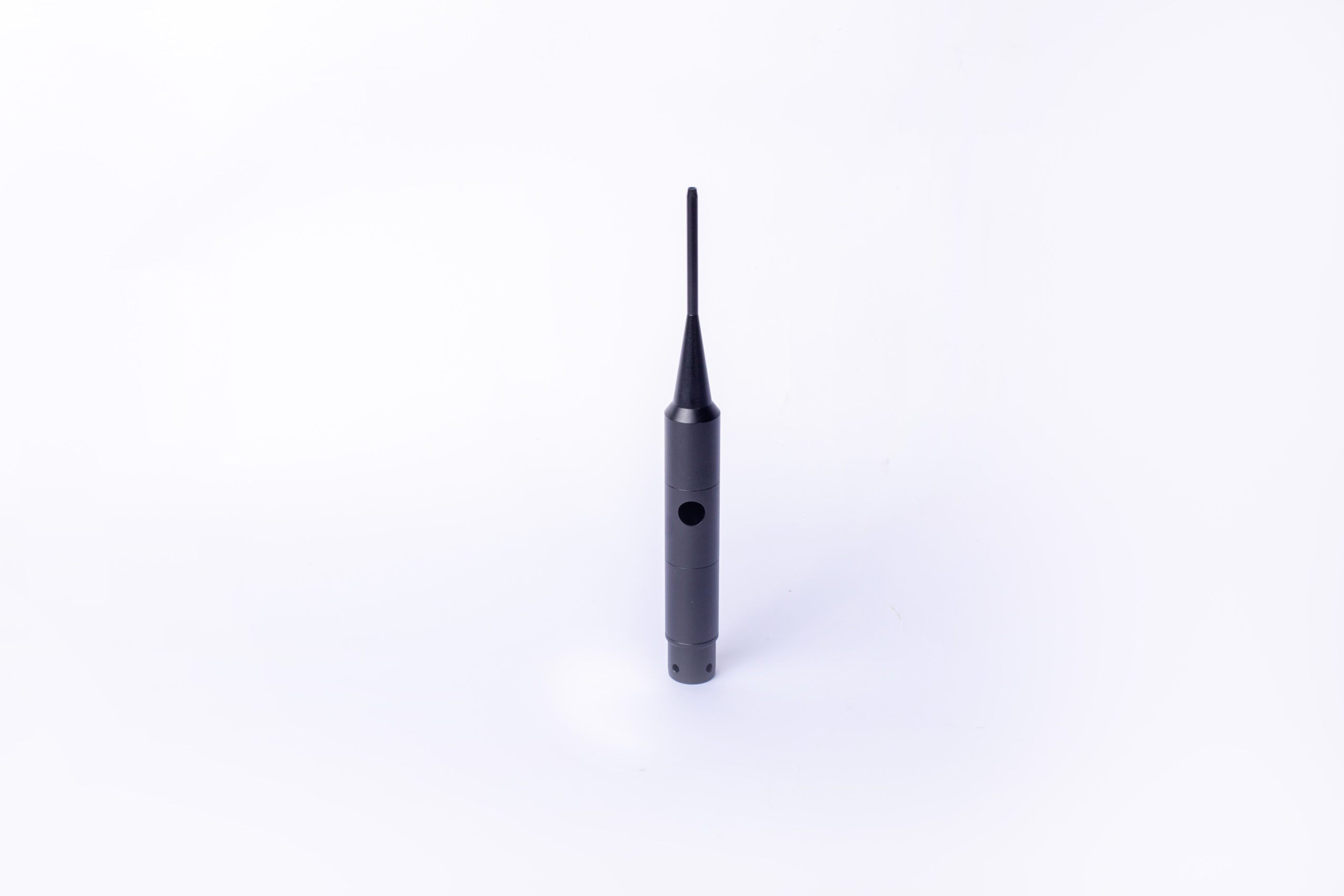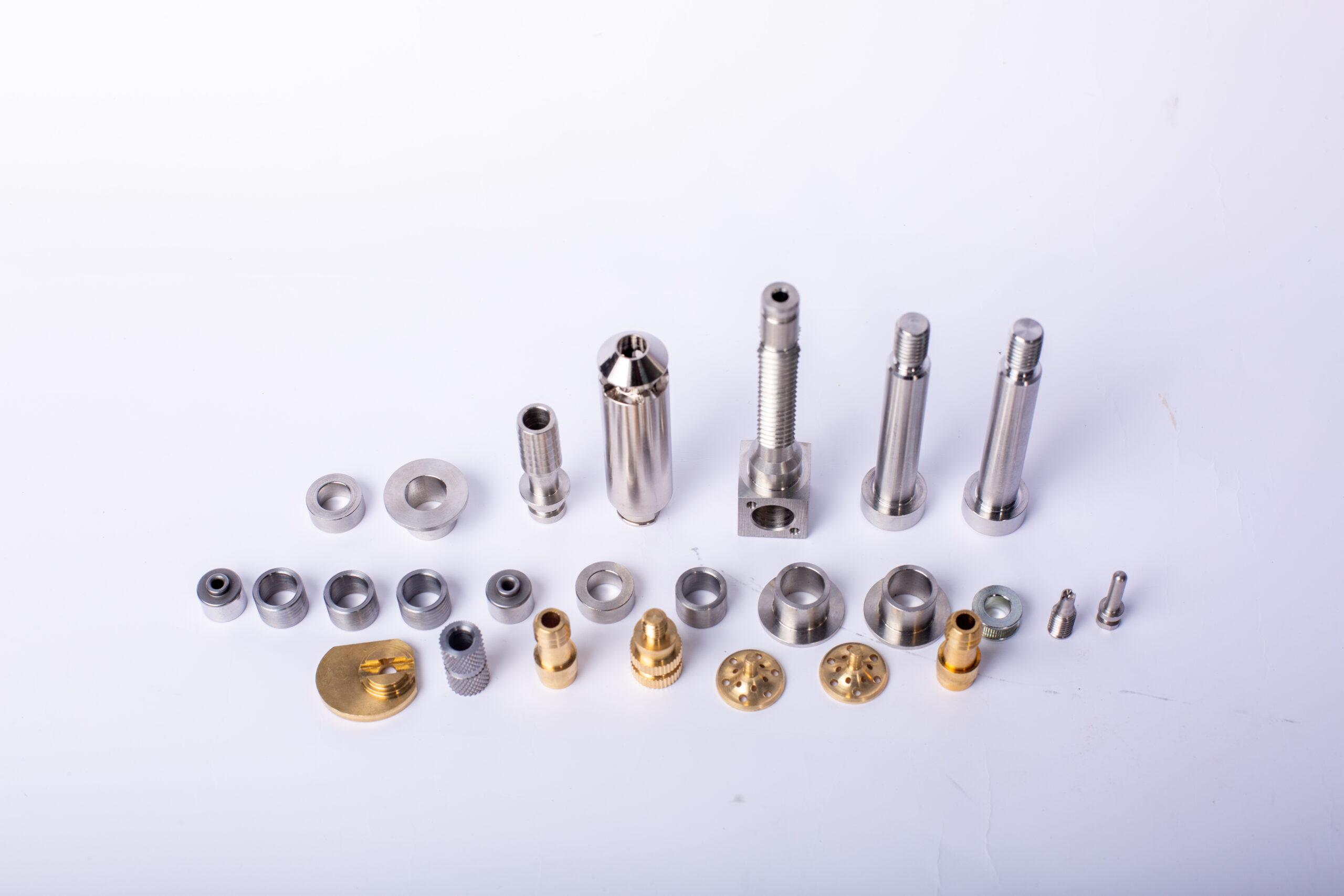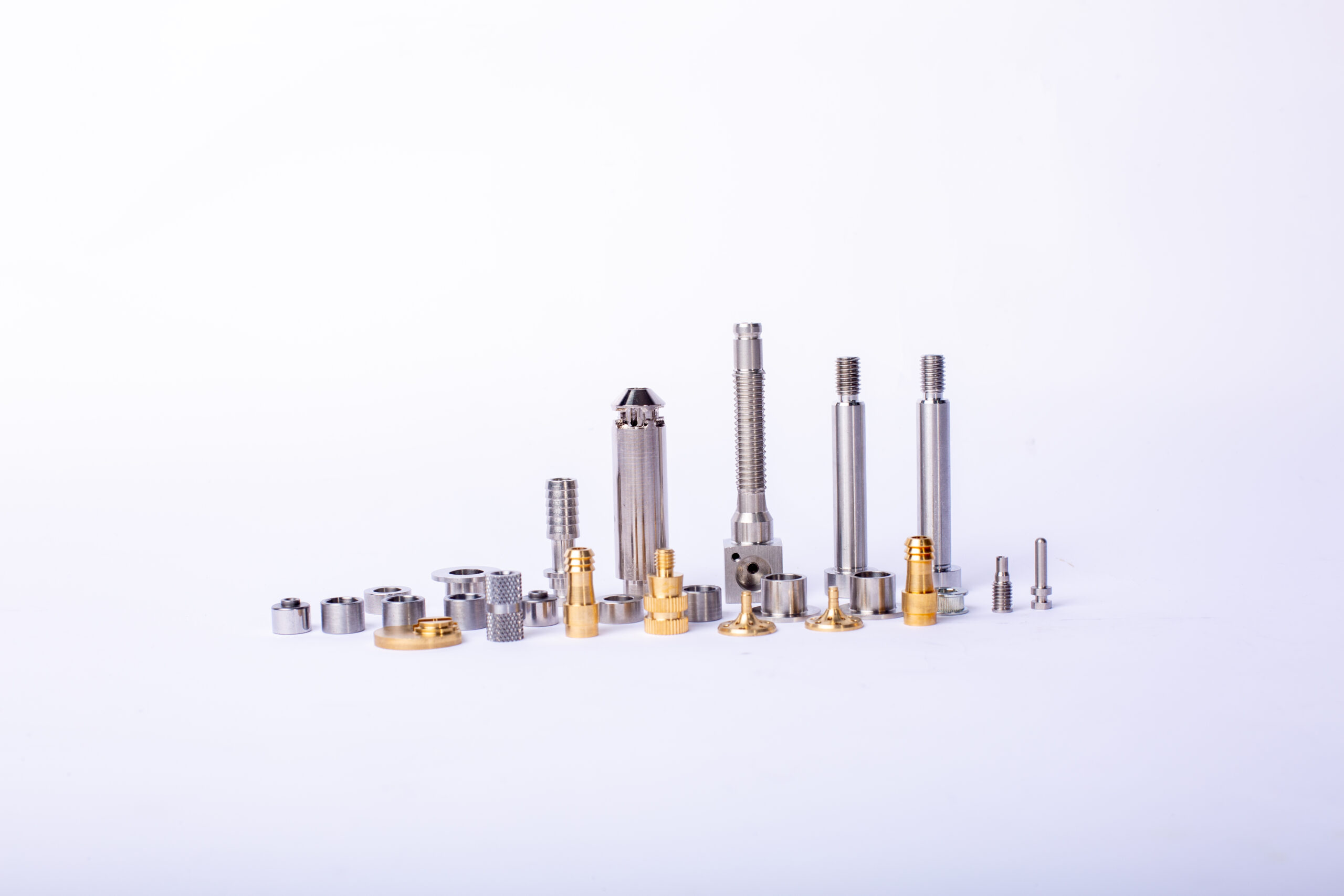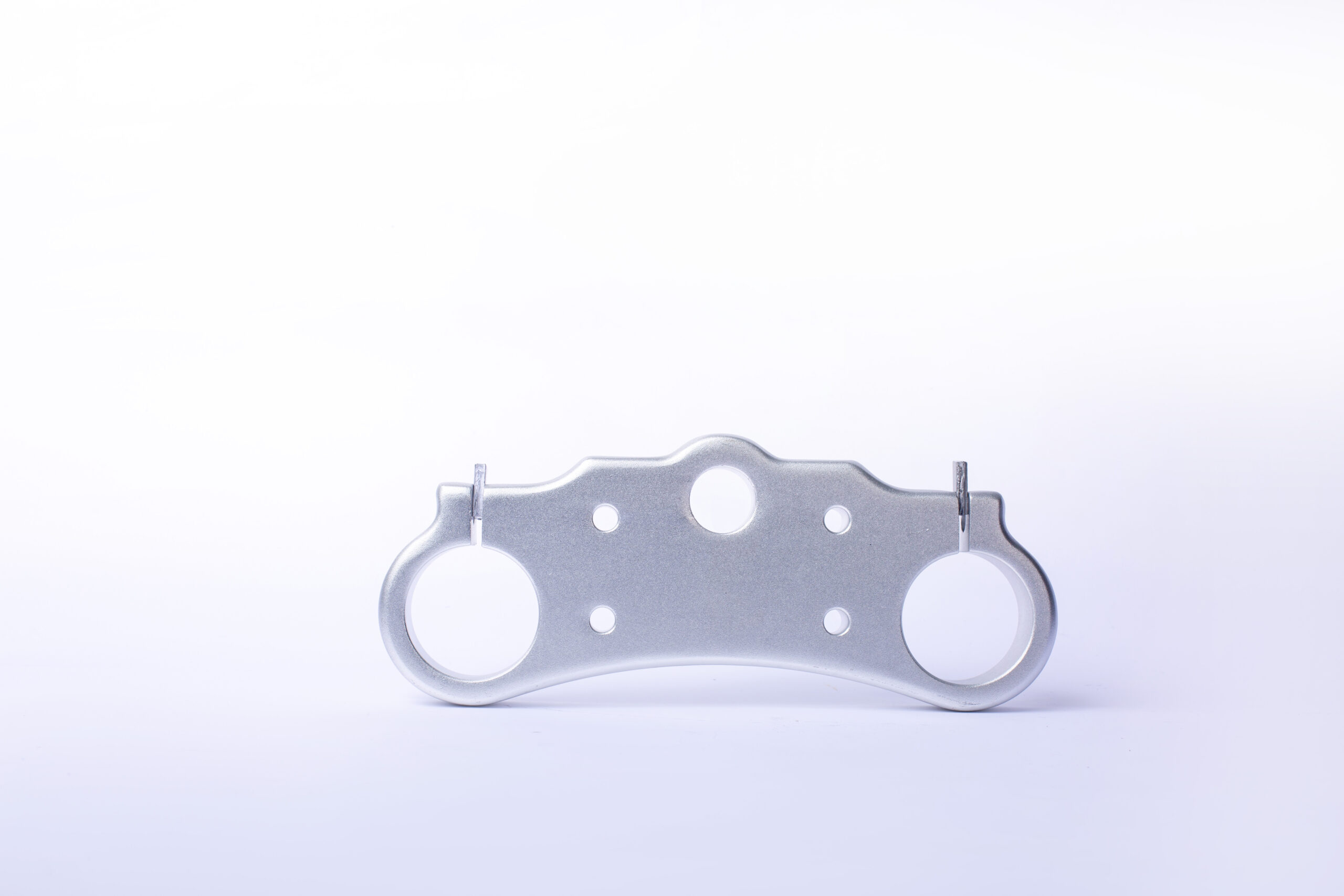Product Name: Aluminum Forging
Product Type: Metal Forging
Material: Aluminum
Shape: Customized
Surface Treatment: Anodizing, Powder Coating, Spray Painting, Polishing
Production Process: Die Casting, Press Forging
Advantages:
1. High strength-to-weight ratio
2. Superior mechanical properties
3. Enhanced resistance to fatigue and wear
4. Tight dimensional tolerances
5. Cost-effective production
| Color | Silver |
|---|---|
| Material | Aluminum |
| MOQ | 1 Pcs |
| Sample | Available |
| Place of Origin | China |
Product Details
MINGYU Tech is a specialist in the production of large complex aluminum forged app for the oil and gas industry. We have the expertise and advanced equipment to manufacture forgings that can withstand harsh environments and extreme conditions. Our experienced team works closely with customers to provide customized solutions that meet their specific needs. We also provide testing and inspection services to ensure the quality and integrity of forgings. Customer satisfaction and product excellence are at the core of our business.
The process of aluminum forged app begins with the heating of a solid aluminum billet, or bar, to a specified temperature. This temperature is typically between 700°C to 800°C, depending on the alloy being used. The heated billet is then placed in a forging press, which applies pressure to the material to deform it into the desired shape.
One of the key advantages of aluminum forged app is the ability to create complex shapes with high precision and tight tolerances. This is achieved by using custom-designed dies, which are machined according to the specifications of the final product. The combination of heat and pressure applied during the forging process results in a strong, solid structure with minimal defects.
aluminum forged apps can be produced in a variety of shapes and sizes, ranging from small components to large and complex parts. Some common products made through aluminum forged app include wheels, gears, connecting rods, and structural components for aircraft.In addition to its strength and versatility, aluminum forged apps also offer a number of other advantages. The material has a high strength-to-weight ratio and is lightweight, making it ideal for use in weight-sensitive applications. It is also highly resistant to corrosion, making it suitable for use in harsh environments.
| Place of Origin | China |
| Material | Metal Aluminium Steel Copper Brass |
| Process | Forging+machining+HT+finish Machining |
| Surface treatment | Polishing |
| Application | Machinery Parts |
| Product name | aluminum forged app |
| Certificate | TS16949/ISO9001 |
| Color | Customized Color |
| Quality Control | 100% Inspection |
| Lead Time | 17-39 Days |
| MOQ | 1 Piece |
| Supply Ability | 184505 Piece/Pieces per Month |
| Quantity (pieces) | > 539 |
| Lead time (days) | To be negotiated |



aluminum forged app FAQs Guide.
Our company is dedicated to providing high-quality aluminum forged app products to meet the needs of various industries. With advanced technology and skilled craftsmanship, we have become a leading manufacturer in the field of aluminum forged app. Our products are widely used in aerospace, automotive, and construction industries, just to name a few. We take great pride in our products as they are not only durable and reliable, but also lightweight and eco-friendly. Through this introduction, we hope to showcase the versatility and excellence of our aluminum forged app products. Thank you for choosing us as your trusted provider of top-notch aluminum forged app products.
1.What are the different heat treatment processes used for aluminum forged apps?
We have a first -class management team, and we pay attention to teamwork to achieve common goals.
1. Solution Heat Treatment: This process involves heating the aluminum forging to a temperature above its solidus temperature and then rapidly cooling it. This process is used to improve the strength and hardness of the aluminum forging.
2. Aging: This process involves heating the aluminum forging to a temperature below its solidus temperature and then allowing it to cool slowly. This process is used to improve the strength and hardness of the aluminum forging.
3. Annealing: This process involves heating the aluminum forging to a temperature above its solidus temperature and then allowing it to cool slowly. This process is used to improve the ductility and machinability of the aluminum forging.
4. Stress Relieving: This process involves heating the aluminum forging to a temperature below its solidus temperature and then allowing it to cool slowly. This process is used to reduce internal stresses in the aluminum forging.
5. Normalizing: This process involves heating the aluminum forging to a temperature above its solidus temperature and then allowing it to cool in air. This process is used to improve the strength and hardness of the aluminum forging.
2.About aluminum forged app origin
Aluminum forging is a process that has been used for centuries to create strong and durable metal components. The process involves heating aluminum to a high temperature and then using a hammer or press to shape it into the desired shape. Aluminum forging is used in a variety of industries, including aerospace, automotive, and medical. It is a cost-effective and efficient way to create components that are strong and lightweight.
3.How does the forging process affect the microstructure of aluminum?
Our company has many years of aluminum forged app experience and expertise.
The forging process can affect the microstructure of aluminum in several ways. During the forging process, the aluminum is subjected to high temperatures and pressures, which can cause the grain structure of the aluminum to become finer and more uniform. This can improve the strength and ductility of the aluminum, as well as its fatigue resistance. Additionally, the forging process can also cause the aluminum to become more homogenous, which can improve its corrosion resistance.
4.What are the advantages of using aluminum forged app?
We have a wide range of aluminum forged app customer groups and establishes long -term cooperative relationships with partners. The countries we provide services include $keyworrd{国家变量}.
1. Strength: Aluminum forging offers superior strength and durability compared to other manufacturing processes.
2. Lightweight: Aluminum is a lightweight material, making it ideal for applications where weight is a factor.
3. Cost-Effective: Aluminum forging is a cost-effective manufacturing process, as it requires less energy and fewer resources than other processes.
4. Corrosion Resistance: Aluminum is naturally resistant to corrosion, making it ideal for applications where corrosion is a concern.
5. Design Flexibility: Aluminum forging allows for complex shapes and designs to be created, making it ideal for custom parts and components.
6. Recyclability: Aluminum is a recyclable material, making it an environmentally friendly choice.
5.Can aluminum forged apps be re-forged or recycled?
We have a good reputation and image in the industry. The quality and price advantage of aluminum forged app products is an important factor in our hard overseas market.
Yes, aluminum forgings can be re-forged or recycled. The process of re-forging involves heating the aluminum forging to a temperature that is suitable for reshaping and then using a hammer or press to reshape it. Recycling involves melting down the aluminum forging and then casting it into a new shape.

6.About the scale of aluminum forged app factory
The size of an aluminum forging factory depends on the type of products it produces and the size of the orders it receives. Some aluminum forging factories may be small, producing only a few parts at a time, while others may be large, producing thousands of parts per day. The size of the factory also depends on the type of equipment used, the number of employees, and the amount of space available.
7.Are there any special requirements for handling or storing aluminum forged apps?
We are centered on customers and always pay attention to customers’ needs for aluminum forged app products.
Yes, aluminum forgings should be stored in a dry, cool, and well-ventilated area away from direct sunlight and other sources of heat. Additionally, aluminum forgings should be handled with care to avoid damage and should be stored on a flat surface to prevent warping.
8.What techniques are used in aluminum forged app?
We actively participate in the aluminum forged app industry associations and organization activities. The corporate social responsibility performed well, and the focus of brand building and promotion
1. Closed Die Forging: This is a process in which a pre-shaped die is used to shape the aluminum into the desired shape.
2. Open Die Forging: This is a process in which the aluminum is placed between two dies and then hammered or pressed into the desired shape.
3. Roll Forging: This is a process in which the aluminum is rolled between two dies to form the desired shape.
4. Hammer Forging: This is a process in which the aluminum is placed between two dies and then hammered into the desired shape.
5. Extrusion Forging: This is a process in which the aluminum is forced through a die to form the desired shape.
6. Upset Forging: This is a process in which the aluminum is placed between two dies and then hammered or pressed into the desired shape.
9.About aluminum forged app customization services
Aluminum forging customization services are a great way to get the exact parts you need for your project. These services allow you to customize the shape, size, and design of your aluminum parts to meet your exact specifications. The process of aluminum forging involves heating the metal to a high temperature and then using a hammer or press to shape it into the desired shape. This process is often used to create parts with complex shapes and intricate details. Aluminum forging customization services can help you create parts that are strong, lightweight, and durable.
10.About the development history of aluminum forged app factory
Aluminum forging is a process of forming and shaping metal by hammering, pressing, or rolling. It has been used since ancient times to create tools, weapons, and other objects. The earliest known use of aluminum forging dates back to the Bronze Age, when it was used to create weapons and tools. In the 19th century, aluminum forging became more widely used in the production of industrial components, such as engine parts and aircraft components. Today, aluminum forging is used in a variety of industries, including automotive, aerospace, and medical. Aluminum forging factories have been around since the early 1900s, when they were used to produce parts for the automotive industry. Over the years, these factories have evolved to become more efficient and technologically advanced, allowing them to produce parts with greater precision and accuracy.

11.What level of precision can be achieved in aluminum forged apps?
The level of precision that can be achieved in aluminum forgings depends on the type of forging process used and the quality of the raw material. Generally, aluminum forgings can achieve tolerances of up to +/- 0.005 inches (0.127 mm). However, some processes can achieve even higher levels of precision, such as die forging, which can achieve tolerances of up to +/- 0.001 inches (0.025 mm).
12.About aluminum forged app raw material procurement system
Aluminum forging raw material procurement system is a computerized system designed to streamline the process of procuring raw materials for aluminum forging. The system is designed to provide a comprehensive view of the entire procurement process, from the initial request for materials to the final delivery of the materials. The system can be used to track the status of orders, monitor inventory levels, and generate reports on the performance of the procurement process. The system also provides a platform for communication between suppliers and buyers, allowing for efficient and timely communication. The system can also be used to automate the process of ordering and tracking materials, reducing the amount of manual labor required.
13.About aluminum forged app inventory
Aluminum forging inventory is a collection of aluminum parts that have been forged into a specific shape or size. This inventory is typically used in the manufacturing of parts for various industries, such as automotive, aerospace, and medical. Aluminum forging is a process that involves heating and shaping aluminum into a desired shape or size. This process is often used to create parts that are stronger and more durable than those made from other materials. Aluminum forging inventory can include a variety of shapes and sizes, including rods, bars, tubes, and plates.
14.Can exotic alloys be used in aluminum forged apps?
Yes, exotic alloys can be used in aluminum forgings. Exotic alloys are typically used in aluminum forgings to increase strength, corrosion resistance, and other properties. Common exotic alloys used in aluminum forgings include titanium, magnesium, and copper alloys.
Tag:aluminum forging vs casting,diy aluminum can forge,forged aluminum d-ring,aluminum tube forging,drop forged aluminums
Product Inquiry
We will respond within 12 hours, please pay attention to the email “@163.com” or “@alumforge.com”.
Also, you can go to the Contact Page, which provides a more detailed form, if you have more inquiries for products or would like to obtain OEM service.
Our sales experts will respond within 24 hours, please pay attention to the email with the suffix “@163.com”.